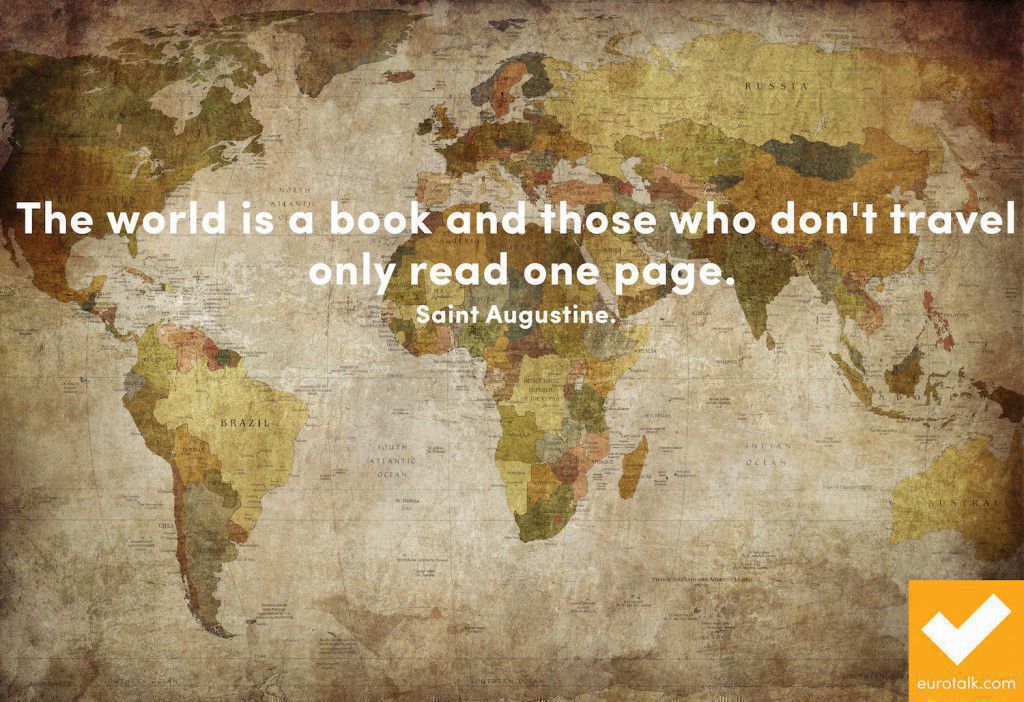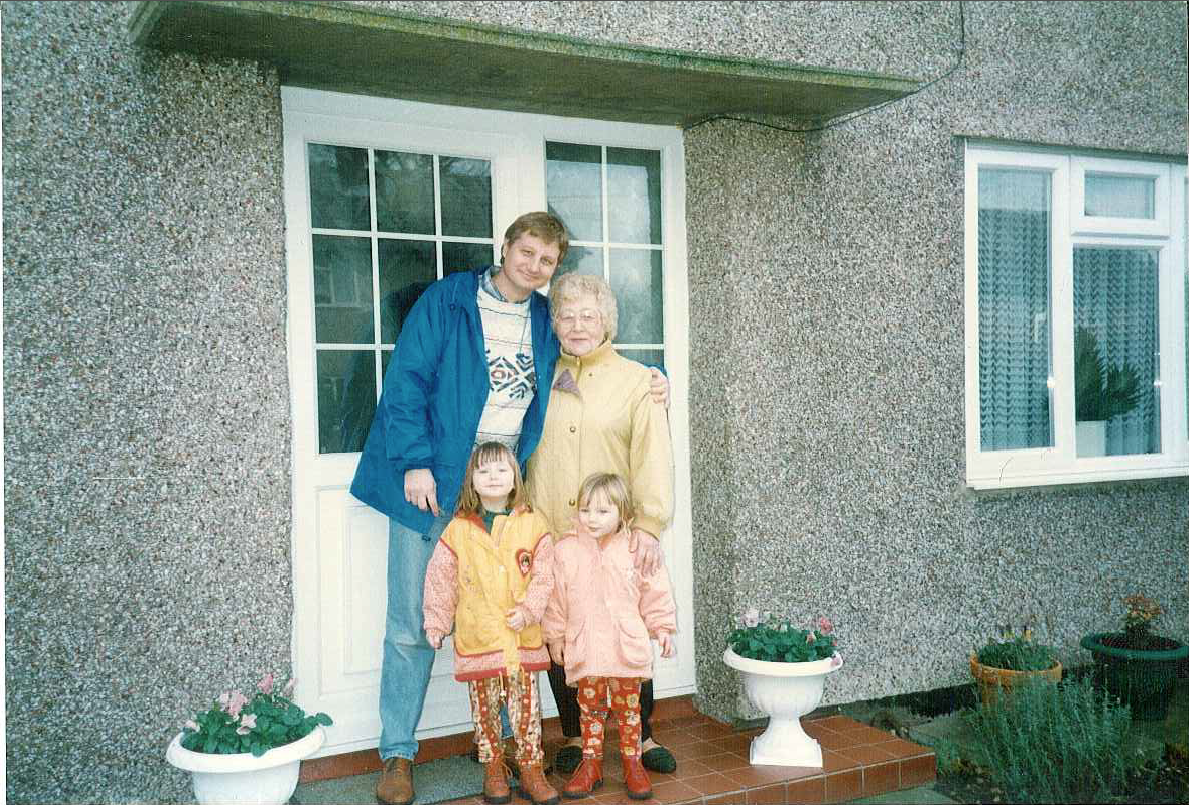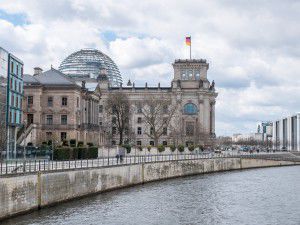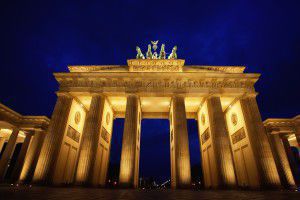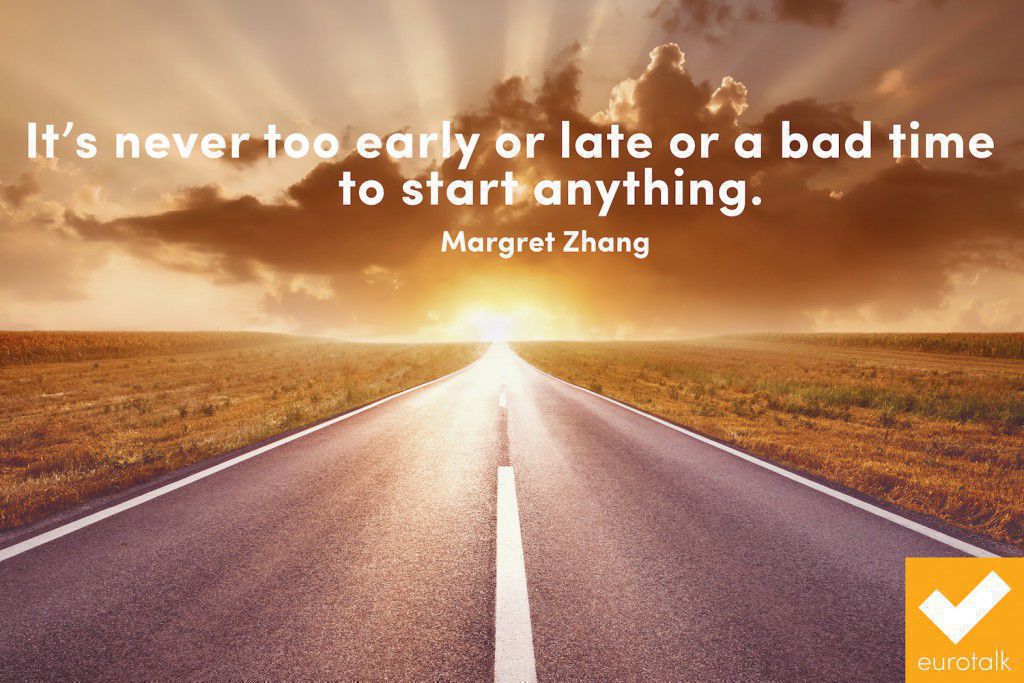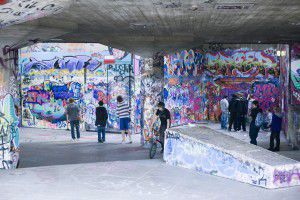Quote of the week: 22 Aug 2015
“The world is a book and those who don’t travel only read one page.” Saint Augustine
Embed This Image On Your Site (copy code below):
Going back to my roots to learn Polish
Alex Koszykowska is the newest member of the EuroTalk team, joining us last month as our new sales and marketing assistant. In today’s post she explains why she’s learning Polish.
It is said that a million people in the UK class Poland as their ancestral home in some way. This is the case for my family; my Granddad came to England from Poland during the second world war (my Gran also came over to England but from Russia – she and my Granddad met when she was a nurse in the army). Over the years my Gran has adapted to my Granddad’s ways, and will now only speak Polish or very basic English to us. Growing up, my dad and his brothers were all brought up speaking Polish as their main language, with English as their second. Even today they can slip into Polish very naturally – leaving my sister and I completely oblivious to what was going on around us. My mum and aunties all learnt to speak Polish – mainly to get brownie points from my Gran; but really it is only my sister, my cousins and I who cannot speak Polish in our family.
This means regularly at our family’s favourite restaurant (which of course is owned by a Polish family), we would be pretending to understand what everyone was talking about.Whenever we entered the hotel, I would always greet the family with ‘Cześć’ (hi). My sister and I have also mastered how to say ‘Dziekuje ci bardzo’, which means ‘thank you very much’ (and rolls off the tongue much more easily then you think it would). We have managed to get away with this throughout our childhood. However, now I feel a certain responsibility to carry on this tradition in our family. Working for EuroTalk has shown me that language learning isn’t as intimidating as many people make out.
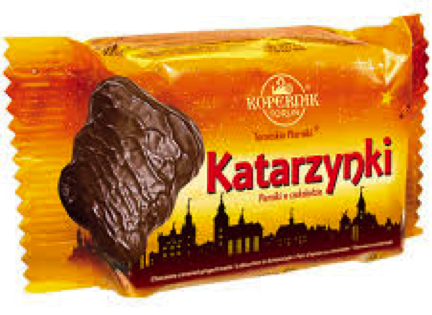 Part of the reason it is so enjoyable to be learning Polish is that I love everything about my Polish roots. From the tradition of whenever we go to my Gran’s she hands us a pack of Katarzynki (which are like soft biscuits with a ginger flavour in the middle and chocolate around the outside) to our rather impossible to say, spell and write surname (with a lot of people finding the change from ‘a’ if you’re female to ‘i’ if you’re male for the last letter of our surname confusing!).
Part of the reason it is so enjoyable to be learning Polish is that I love everything about my Polish roots. From the tradition of whenever we go to my Gran’s she hands us a pack of Katarzynki (which are like soft biscuits with a ginger flavour in the middle and chocolate around the outside) to our rather impossible to say, spell and write surname (with a lot of people finding the change from ‘a’ if you’re female to ‘i’ if you’re male for the last letter of our surname confusing!).
The four words I do know (five if you include dobrze – ok) make my Gran so happy; she loves seeing us take an interest in our Granddad’s language. Even basic language skills are so important and can make a huge difference. My family heritage is my motivation to learn more Polish, which is why the uTalk app is so fabulous, as it is designed so you can learn how to say key phrases. For example ‘proszę mówić wolniej’, meaning ‘please speak more slowly’, which is vital to know in my family!
Are you interested in learning a language, or do you have family members who are bilingual and you’re keen to join them? Try our uTalk app to get started!
Alex
A couple of days in Berlin
After volunteering in a hostel in Riga for six weeks, I decided to take the long way home via a series of overnight buses. With everyone raving about how beautiful a city Berlin is, I decided to make it my next stop on my journey home.
It is easy to see why people like it so much.
I stayed in a huge hostel in the Turmstrasse area and this seemed like a really good location to stop in. Just twenty minutes away was the Victory Column, or Siegessäule, which overlooks a large portion of the city. A little further was Potsdamer Platz; the centre is all commercial with cafes and restaurants as far as the eye can see and business reaching high up into the sky from a series of highly polished skyscrapers. But the surrounding area has a lot of history and culture to offer too. Personally the Topography Of Terror, Holocaust Memorial, Friedrichstrasse and Reichstag were the things that grabbed my attention the most. An early evening stroll in the local neighbourhood turned into a several hour stint that saw me leave my hostel, walk the length of Turmstrasse, past the Victory Column, down to the Holocaust Memorial and back on my first night.
There is no one ‘centre’ to Berlin, but it seems most tourists and locals end up at Alexanderplatz. Walking out of the station the first thing you see is the iconic tower that overlooks a pedestrianised area. Walking behind this and into a little blissful shade after a journey on an overheated train was very refreshing. There is a lot to see from here, and I personally headed over towards the galleries and sat under the pillars looking out over the river for a while.
The Zoological Gardens are definitely worth a visit, and if you like zoos and aquariums then it is a must. There’s a very cute windmill of sorts that sits along a section of Budapester Strasse which is worth stopping at to admire.
The Brandenburg Gate was such an impressive sight first hand, you can really understand the sense of power there and the thought of those streets being lined with people waiting to see a glimpse of their leader is both disturbing and breathtaking.
The area around Nordbahnhof was one of my favourite places, full of gardens, interesting architecture, and of course the Berlin Wall Memorial.
The main station, Hauptbahnhof, was also worth looking round, whether you like trains or not. There are so many levels, platforms, different types of train, shops, places to eat and drink, you could spend hours within this huge complex and not get bored.
Of course, one of the best things about Berlin, from my perspective at least, is the cake. Much like Greggs back home in the UK, there is a bäckerei (bakery) wherever you turn, and such a choice of sweet and savoury treats it can be a little overwhelming.
I spent the best part of two days in Berlin and I have to say, it isn’t enough. I could have happily stayed another week and I am still not sure if that would have been enough to have seen everything that I wanted to. A return trip is definitely in order!
Kelly
Planning a trip to Berlin? Remember to learn a little German before you leave with uTalk – or try our free Talk Now demo.
Quote of the week: 15 Aug 2015
“It’s never too early or late or a bad time to start anything.” Margret Zhang
Embed This Image On Your Site (copy code below):
5 times you spoke Italian and didn’t know it
Did you know that you speak Italian?
No, really – you do. And we don’t just mean that time you ordered a pizza. Here are a few words you’ve probably used at some point, but might not have realised were Italian:
Novella
Longer than a short story, but not quite a full novel. Well-known novellas include John Steinbeck’s Of Mice and Men, Die Verwandlung (The Metamorphosis) by Franz Kafka and Giovanni Boccaccio’s Decamerone (The Decameron). The word ‘novella’ comes from the Italian meaning ‘new’.
Paparazzi
The use of this term to describe photo-journalists who follow and take pictures of celebrities can be traced back to a character in Federico Fellini’s 1960 classic movie, La Dolce Vita. Reports vary as to why Fellini chose this name for the independent photographer in the film, but one version of events claims it’s a word from an Italian dialect describing the annoying noise made by a small insect.
A cappella
Anyone who’s seen Pitch Perfect will know that a cappella means singing without any musical accompaniment, but its literal meaning in Italian is ‘in the manner of the chapel’. And it’s not the only Italian word used in music; the list is seemingly endless but a few examples are piano (quiet), allegro (lively and fast), crescendo (getting louder) and lacrimoso (sad).
Tarantula
The first spiders to be called ‘tarantulas’ were named for the Italian city of Taranto, where they were first found. Interestingly, these weren’t the hairy beasties we call tarantulas today, but what are now known as wolf spiders. (Not that we’d want to find either of them in our house.) Many people in southern Italy during the 16th and 17th century believed that a bite from the spider would cause a hysterical condition called tarantism, which could only be cured by dancing the tarantella.
Graffiti
Graffiti comes from the Italian word ‘graffito’, which means ‘scratched’, and in art history the term is used to describe work created by scratching designs onto a surface. The word dates back to the 19th century, when it was used to describe inscriptions and drawings found in the ancient ruins of Pompeii, and today has taken on a mostly negative connotation – no matter how skilful the artist, graffiti is generally considered synonymous with vandalism.
There are plenty more examples of Italian words that have found their way into other languages – among them:
Stiletto: from the Italian word ‘stilo’, meaning ‘dagger’.
Mafia: its origins are uncertain, but many believe it to be from the Sicilian word ‘mafiusu’, which means ‘swagger’ or ‘bravado’.
Extravaganza: a spectacular theatrical production, which takes its name from the Italian word ‘stravaganza’ (extravagance).
Quarantine: derived from ‘quaranta’, the 40 days of isolation required to try and halt the spread of the Black Death in the 14th century.
How many Italian words have you used recently…?
